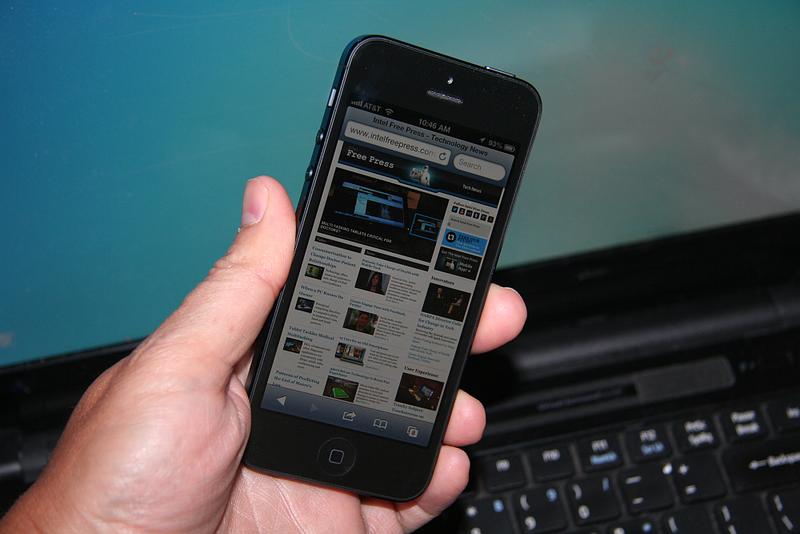In today's evermore digital world, “bring your own device” (BYOD) policies have gained a lot in popularity among employees and companies, alike. By using such a work strategy, your personnel can use their devices for work-related matters, sparing you from having to buy these devices for everyone.
But BYOD also raises some issues that you should take into consideration before deciding to adopt it.
The Pros of BYOD
Since your personnel will be using their devices, you can save a considerable amount of money on buying this equipment. Field-service and IT maintenance costs can also be reduced by using the BYOD method.
And even though these costs fall on the employees, most will be happy that they get to use their own devices. Quite often, people will feel more comfortable when working with their devices since they're configured and customized to their liking.
Companies also stand to gain since employees are typically using the latest technologies and updates on their personal devices. And the personnel using their devices will not have to undergo the same amount of training as those who are introduced to new devices. In addition, you can expect a heightened sense of ownership of these devices—since personnel really do own them! Staff members will tend to take better care of them than they would business-owned equipment.
The Cons of BYOD
Even if your company stands to gain from a BYOD work strategy, particularly concerning direct costs and employee satisfaction, there are also certain drawbacks that need to be considered.
The main issue is security. It's essential to keep in mind that a company will not have complete control over the use of these devices. Your personnel can install third-party software or use them as they wish. Without the proper training and bulletproof security protocols, your company's sensitive data can be left vulnerable to cyber-attacks.
Some companies restrict private-data access on-premises or in the company network, but even so, a threat is always present.
Also, various devices will mean different operating systems that could have compatibility issues with the company's common platform and work-integration software. Similarly, different operating systems and installed applications may require added security protocols and server-side security measures, among other such issues. All of these can raise the costs for the company.
BYOD Compensation
Some operations can get away with not having to compensate their personnel for using their devices in work-related matters. Around 89% of organizations using BYOD, however, provide a full or partial stipend to pay for their mobile phone expenses. That amounts to $36.13 per month on average, or about $430 per year for each employee.
Whether you decide to use the BYOD method or not, know that the The Checker Software works on both company-owned and personal mobile devices.
Takeaway
Before adopting BYOD policies, companies should weigh the pros and cons. And if BYOD is adopted, it’s crucial to use a software platform that can easily accommodate BYOD.
Learn more about The Checker Software
Image: Intel Free Press, Creative Commons











